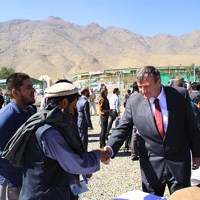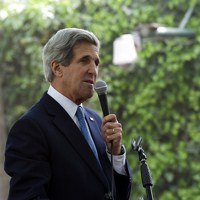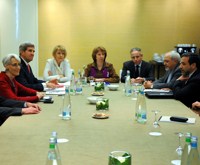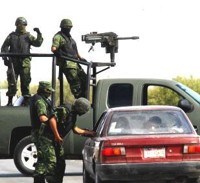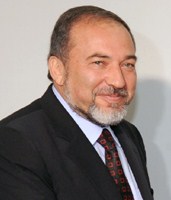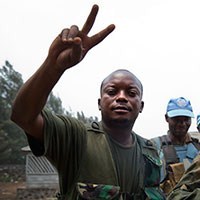
The Chinese government has been unabashedly showing off its nuclear weapons this past month. The most noteworthy display was unprecedented TV coverage in late-October of China’s nuclear submarines conducting combat drills, accompanied by a photo spread profiling the subs’ activities. Chinese media justified the display as reinforcing deterrence against foreign threats and meeting Western demands for military transparency. One can debate whether this selective transparency, which builds on previous exposures of China’s new stealth planes and other new military capabilities, is meant as a warning to Washington and Tokyo not to challenge Beijing’s territorial claims, a message primarily for internal […]

